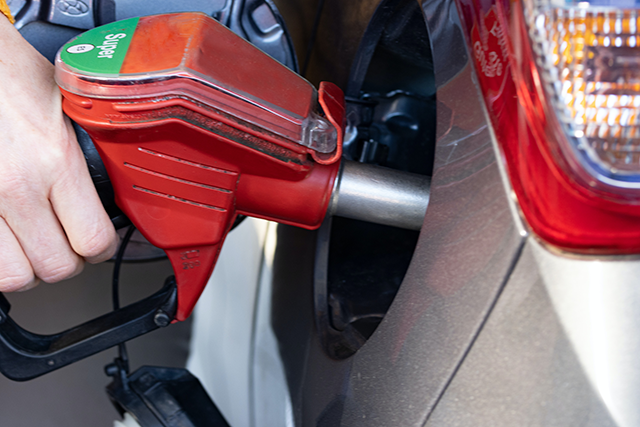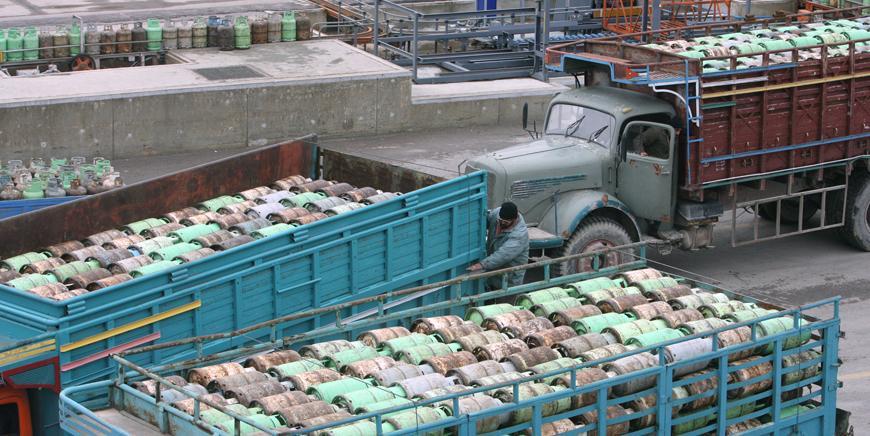You are here
JPRC boosts winter preparedness, ensures ample supply of gas diesel and kerosene
By JT - Dec 12,2023 - Last updated at Dec 12,2023
AMMAN — The Jordan Petroleum Refinery Company (JPRC) is gearing up for winter by implementing strategic measures to improve the readiness of its facilities to meet the increasing demand in the Kingdom, particularly gas, diesel and kerosene.
A JPRC statement released on Monday confirmed the availability of adequate stock of crude oil and fuel derivatives to address the upcoming surge in demand for petroleum products, according to the Jordan News Agency, Petra.
Highlighting its proactive measures, the JPRC said that production capacity has been increased to meet the growing demand in the Kingdom.
"Despite maintaining year-round readiness to meet the Kingdom's petroleum needs by refining crude oil from Saudi Arabia, Iraq and the limited quantities from Hamzah field, the JPRC is now taking additional measures in anticipation of the winter season," the statement said.
For liquefied petroleum gas (LPG), the company said it has maximised its storage capacity at three strategic gas stations in Amman, Zarqa and Irbid.
"In an important step, a tender has been launched for the import of 350,000 tonnes of LPG, with the flexibility to increase the quantity by 25 per cent, the company said, noting that these reserves will be transported from Aqaba to the three gas stations, ensuring that the Kingdom's needs are met until the end of April. This is enough to fill 28 million cylinders."
The JPRC, through its wholly–owned subsidiary, the Liquefied Petroleum Gas Manufacturing and Filling Company, has secured leases for additional LPG storage capacity of 6,000 tonnes, which was filled before the onset of winter, the statement added.
The company also said that all three LPG stations are operating at full capacity, meeting the daily needs of citizens with a capacity of over a quarter of a million cylinders.
The company has also entered into agreements to purchase approximately 250,000 empty cylinders to meet the needs of consumers, storage facilities and gas agencies, and to facilitate the replacement of cylinders to be decommissioned.
Related Articles
AMMAN — In the wake of a recent low-pressure air front affecting the region, demand for fuel increased significantly in Jordan, according to
AMMAN — The Jordan Petroleum Refinery Company (JPRC) on Thursday said that demand on gas cylinders has increased by 100 per cent, with the c
AMMAN — The demand for liquefied petroleum gas (LPG) decreased from 250,000 cylinders on Tuesday to 180,000 cylinders on Wednesday, accordin

















